8 GPTs for Rehabilitation Guidance Powered by AI for Free of 2026
AI GPTs for Rehabilitation Guidance are advanced tools leveraging Generative Pre-trained Transformers technology to offer tailored solutions in the field of rehabilitation. These tools are designed to assist in various aspects of rehabilitation, including therapy, exercises, monitoring progress, and providing personalized recommendations. By harnessing the power of AI and machine learning, GPTs for Rehabilitation Guidance can analyze vast amounts of data to deliver contextually relevant advice, support decision-making, and facilitate a more efficient rehabilitation process. Their role is pivotal in enhancing the quality of care and support provided to individuals undergoing rehabilitation, making these tools indispensable in the healthcare sector.
Top 8 GPTs for Rehabilitation Guidance are: 직업재활 네비게이터,Tennis Elbow(Lateral Epicondylitis),Traumatic Brain Injury Help (TBI),Ortho GPT,OrthoIntellect (Adult & Pediatrics),优云康骨科康复机器人,Rückenmark Gesundheitsberater,优云康盆底功能康复机器人
직업재활 네비게이터
Empowering Employment Through AI

Tennis Elbow(Lateral Epicondylitis)
Empowering Tennis Elbow Understanding with AI
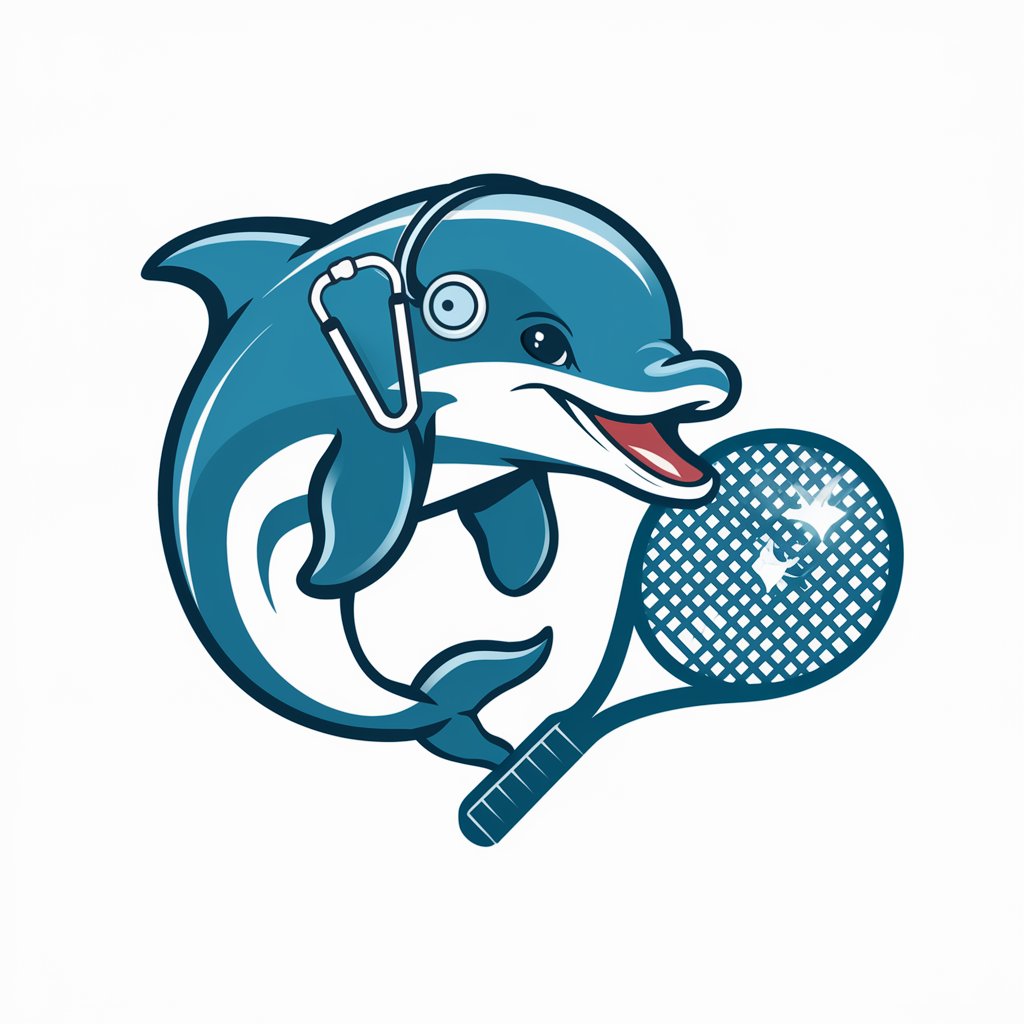
Traumatic Brain Injury Help (TBI)
Empowering TBI Recovery with AI

Ortho GPT
Empowering orthopaedic care with AI.
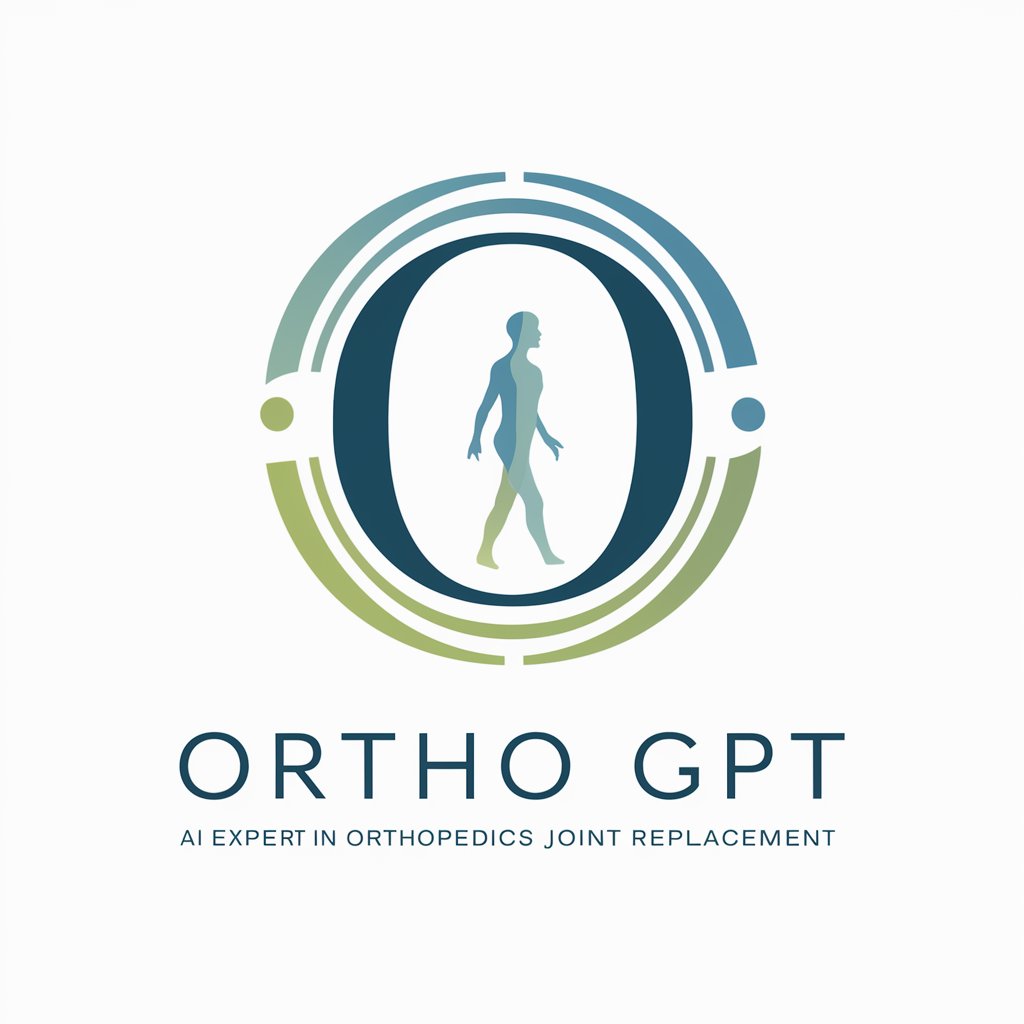
OrthoIntellect (Adult & Pediatrics)
Empowering Orthopedic Decisions with AI
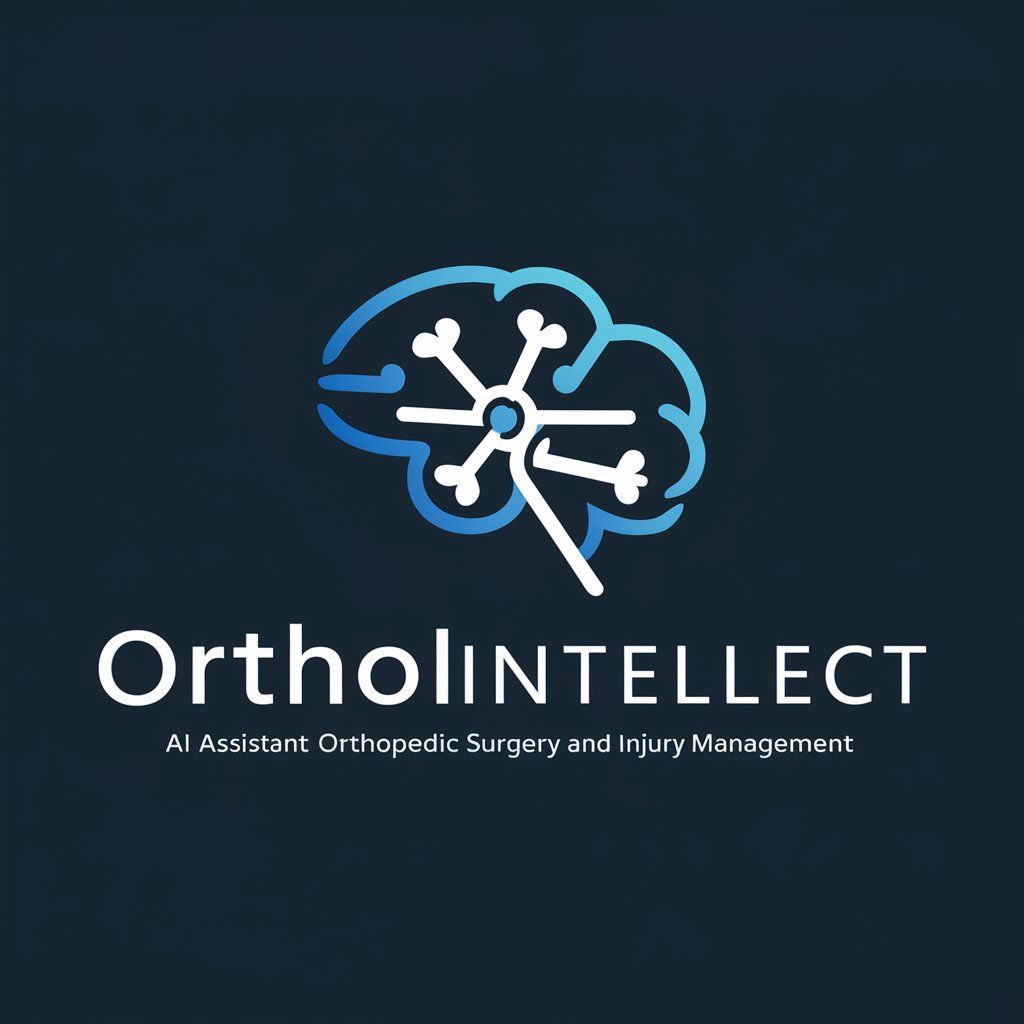
优云康骨科康复机器人
AI-Powered Orthopedic Assistant
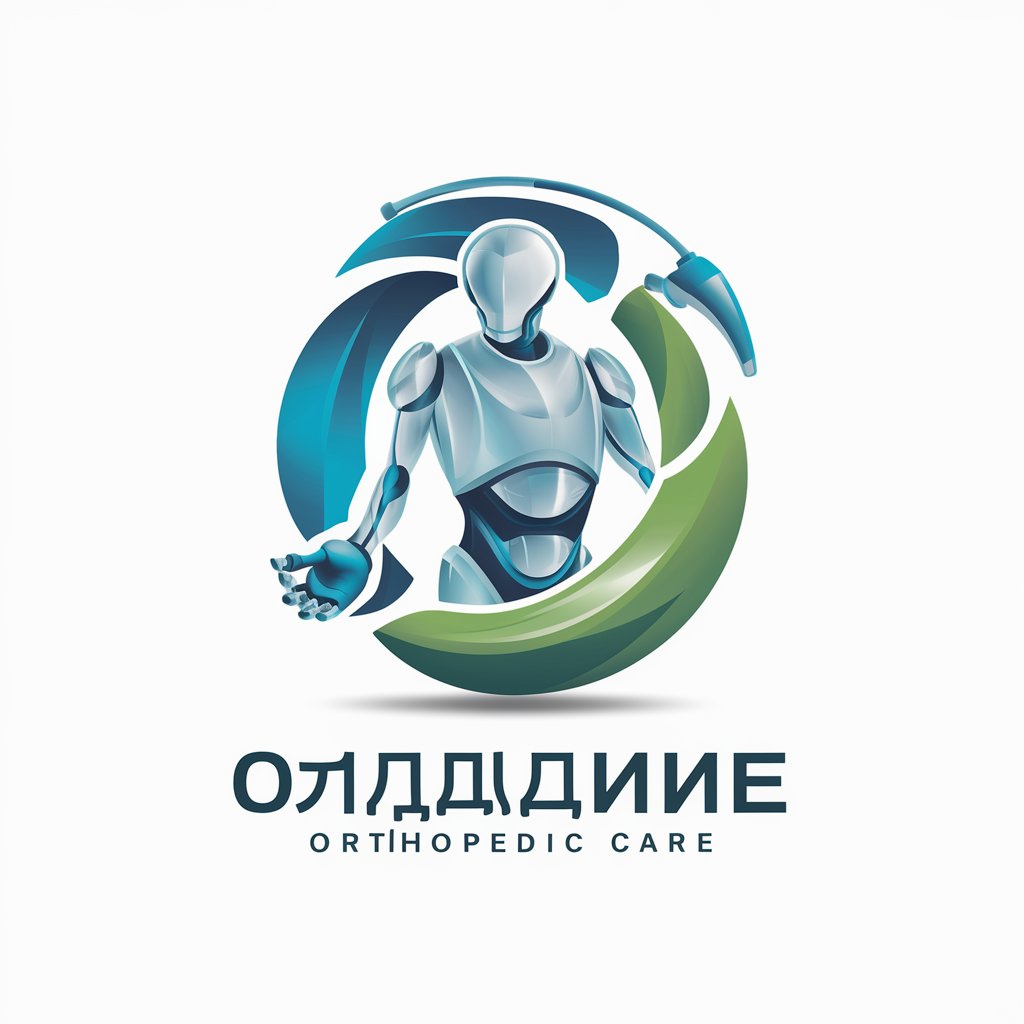
Rückenmark Gesundheitsberater
Empowering spinal injury management through AI
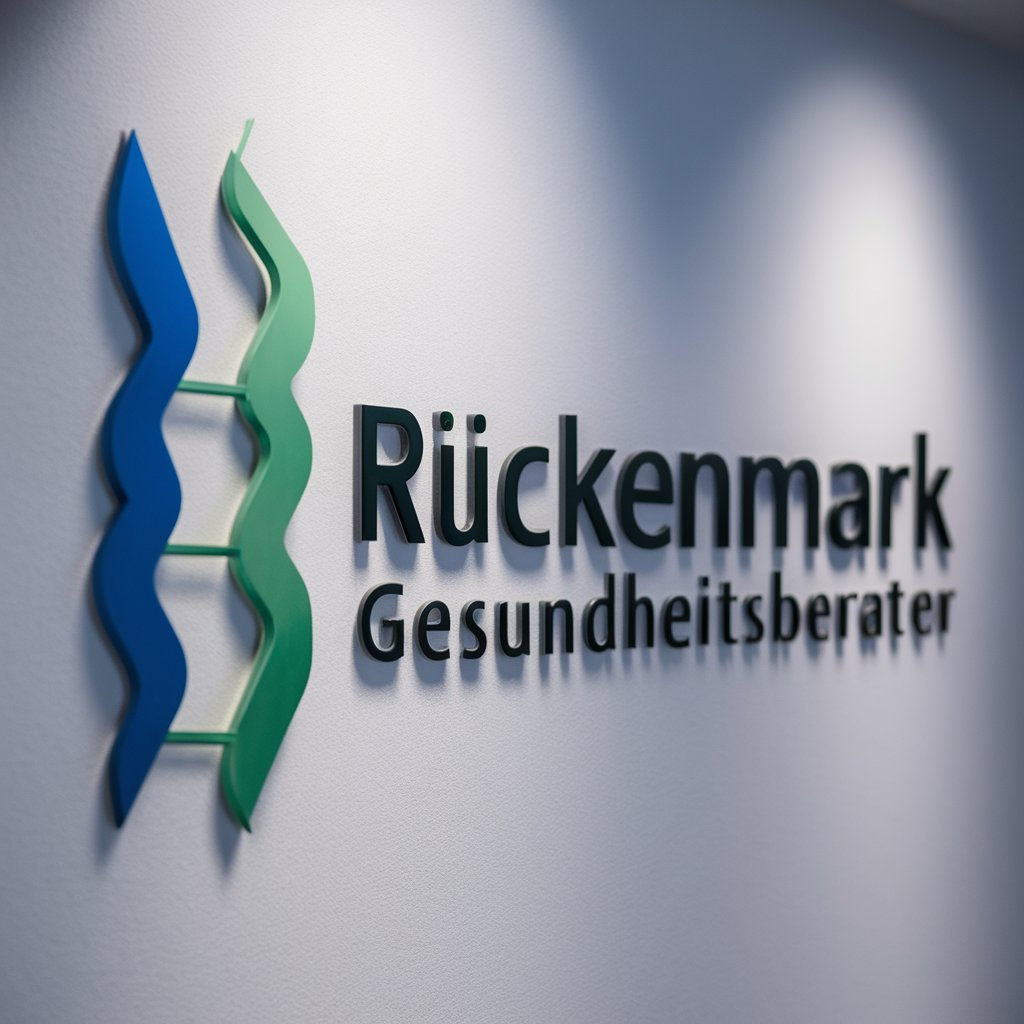
优云康盆底功能康复机器人
Empowering Pelvic Health with AI
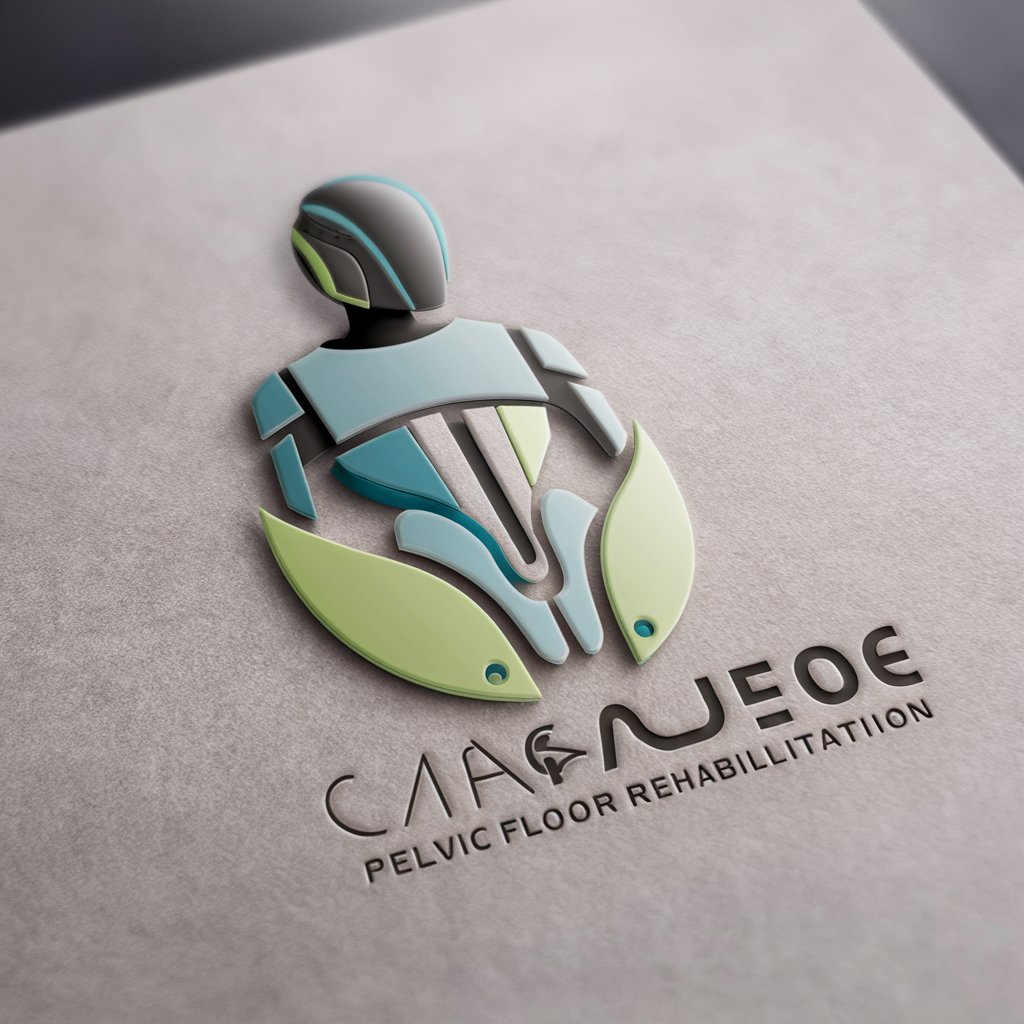
Key Attributes and Functions
AI GPTs for Rehabilitation Guidance are distinguished by their adaptability, supporting a wide range of functions from basic information provision to complex decision-making support. Key features include natural language processing for understanding and generating human-like responses, technical support for healthcare professionals, web searching capabilities for the latest rehabilitation techniques, image creation for visual aids in therapy, and data analysis for personalized treatment plans. These tools are specifically designed to evolve with user interaction, ensuring that the guidance provided is both current and relevant to the user's specific rehabilitation needs.
Who Can Benefit from AI GPTs in Rehabilitation
AI GPTs for Rehabilitation Guidance are designed to cater to a diverse audience, including patients undergoing rehabilitation, healthcare professionals, therapists, and caregivers. They offer an intuitive interface for novices without requiring coding skills, while also providing advanced customization options for developers and tech-savvy professionals in the healthcare sector. This dual approach ensures that the tools are widely accessible and can be integrated into existing healthcare practices to enhance rehabilitation outcomes.
Try Our other AI GPTs tools for Free
Project Discovery
Discover the transformative power of AI GPT tools in Project Discovery, designed to enhance data analysis and insight generation with cutting-edge AI technology.
Innovative Funding
Discover how AI GPTs are revolutionizing Innovative Funding, providing tailored, data-driven insights and solutions for financial projects and campaigns.
Medication Support
Discover AI GPTs for Medication Support: Tailored AI solutions for managing medications, enhancing patient care, and supporting healthcare professionals.
Article Enhancement
Discover how AI GPTs elevate article writing with advanced editing, optimization, and creation capabilities for engaging, high-quality content.
User-Friendly Guidance
Discover how AI GPTs for User-Friendly Guidance streamline complex tasks with intuitive, tailored AI solutions. Perfect for both tech novices and professionals, these tools transform user interaction into a seamless, engaging experience.
Guide Creation
Discover how AI GPTs revolutionize Guide Creation, offering adaptable, high-quality content generation for users of all skill levels.
Expanding Horizons with AI GPTs in Rehabilitation
AI GPTs for Rehabilitation Guidance represent a significant advancement in personalized healthcare, offering scalable, customizable solutions that can be integrated into various sectors. Their user-friendly interfaces and compatibility with existing systems underscore the potential of AI to transform rehabilitation practices, making care more accessible, effective, and tailored to individual needs.
Frequently Asked Questions
What are AI GPTs for Rehabilitation Guidance?
AI GPTs for Rehabilitation Guidance are artificial intelligence tools designed to support and improve the rehabilitation process through tailored advice, therapy assistance, and personalized care plans.
How do these tools personalize rehabilitation plans?
These tools analyze user data, including progress, preferences, and specific needs, to generate personalized rehabilitation plans that adapt over time as the user's condition changes.
Can non-technical users easily use these tools?
Yes, these tools are designed with user-friendly interfaces that allow non-technical users to easily interact with and benefit from the AI's capabilities.
What makes AI GPTs for Rehabilitation unique?
Their ability to process natural language, adapt to individual user needs, and provide up-to-date, evidence-based rehabilitation guidance distinguishes them from traditional tools.
Are these tools accessible to healthcare professionals?
Yes, healthcare professionals can use these tools for patient management, therapy recommendations, and to enhance patient engagement and outcomes.
How do AI GPTs integrate with existing healthcare systems?
These tools can be integrated through APIs or standalone applications, allowing for seamless data exchange and complementing existing healthcare workflows.
Can AI GPTs support multiple languages?
Yes, many AI GPTs for Rehabilitation Guidance support multiple languages, making them accessible to a wider global audience.
What future developments can we expect in AI GPTs for Rehabilitation?
Future developments may include more advanced personalization, integration with wearable technologies for real-time monitoring, and enhanced predictive models for better rehabilitation outcomes.